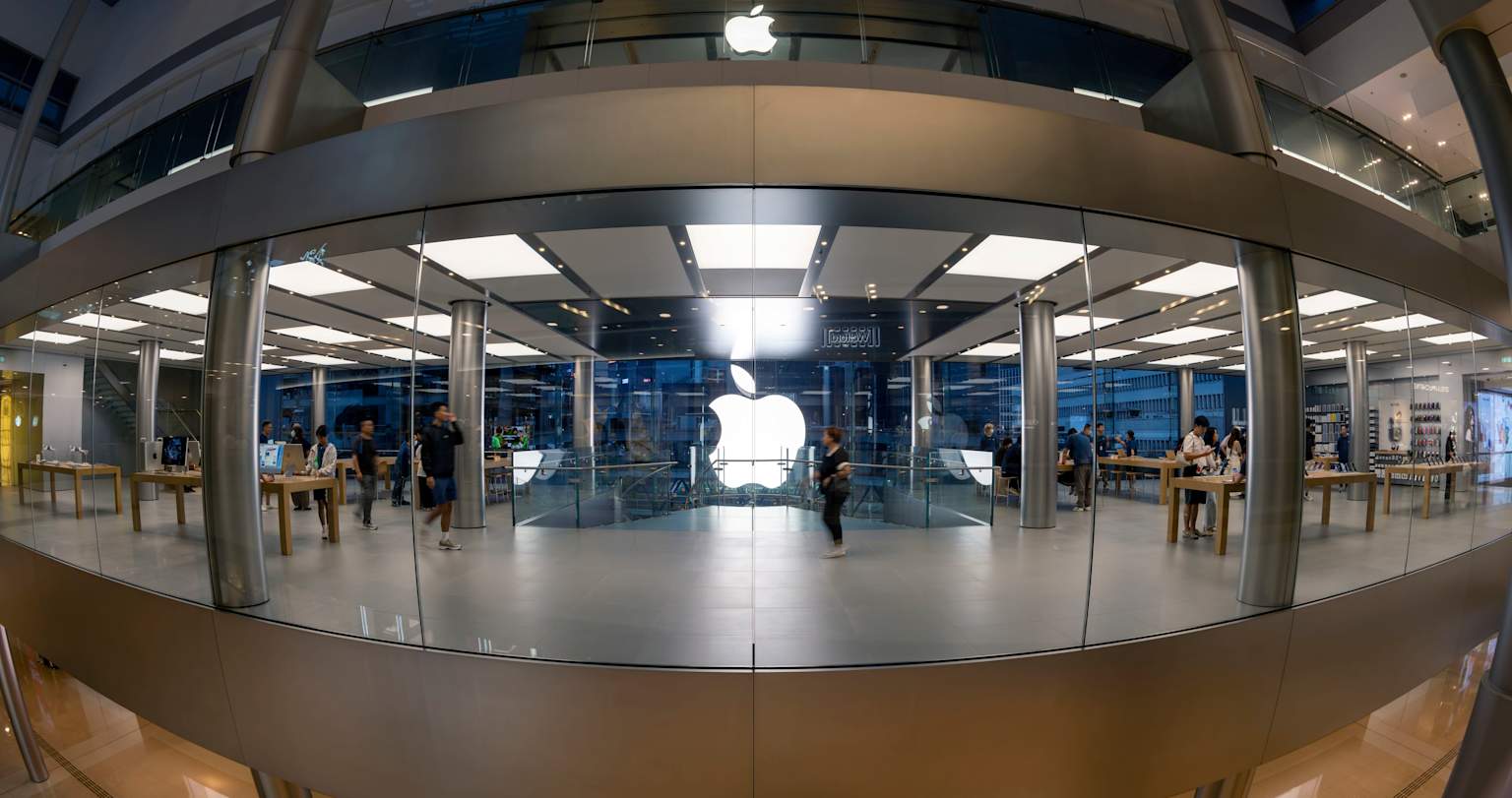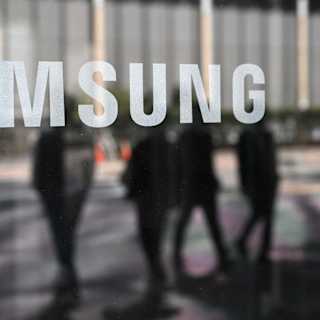- Promotions Drive Recovery
- Huawei Leads Market Share
- Trade Tensions Loom
Apple's iPhone sales in China climbed 8 percent in the second quarter, marking the company's first growth in the world's largest smartphone market since 2023, according to Counterpoint Research. The quarterly increase ends a two-year decline that had made Apple the only major phone maker losing ground in China while local competitors surged.
The growth comes as Apple faces mounting pressure from Chinese rivals and trade tensions between Washington and Beijing that have complicated the tech giant's business in one of its most important markets.

Apple's turnaround was fueled by aggressive price cuts in May, with some iPhone 16 models discounted by up to 2,530 yuan (approximately $350) on major e-commerce platforms1. The company also increased trade-in values for older iPhones to attract buyers ahead of China's 618 shopping festival in June.
"Apple's timing in adjusting iPhone prices was spot-on and well received, as it came just ahead of the 618 shopping festival," said Ethan Qi, Associate Director at Counterpoint Research2. Three iPhone variants secured spots on the top half of the bestseller list during the promotional period.
The price adjustments represented a strategic shift for Apple, which had previously struggled to participate in China's government subsidy program due to its premium pricing structure that excluded most iPhone models from discounts on devices under 6,000 yuan3.
Despite Apple's recovery, Huawei claimed the top spot in China's smartphone market during the second quarter, with sales rising 12 percent year-on-year1. The Chinese company has steadily gained ground since launching new devices featuring advanced chips in late 2023, technology that helped it overcome years of U.S. sanctions.
"Huawei continues to benefit from strong core user loyalty as many consumers upgrade from older Huawei models to the latest releases," said Ivan Lam, Senior Analyst at Counterpoint Research1. Apple now ranks third in market share behind Huawei and Vivo.
Apple's China challenges extend beyond competition. The company faces potential tariffs from the Trump administration, which has called on CEO Tim Cook to manufacture iPhones in America1. Apple's Greater China revenue had declined for seven consecutive quarters before the recent upturn2.
Chinese smartphone shipments from foreign brands, primarily Apple, fell nearly 50 percent in March compared to the previous year2. While government subsidies boosted overall smartphone sales 3 percent in China this year, most iPhone models remained too expensive to qualify for the program.
"Second quarter performance has been propped up by the national subsidy for smartphones, but it looks like the program will be scaled back during the latter half of the year," said Senior Analyst Mengmeng Zhang3.



